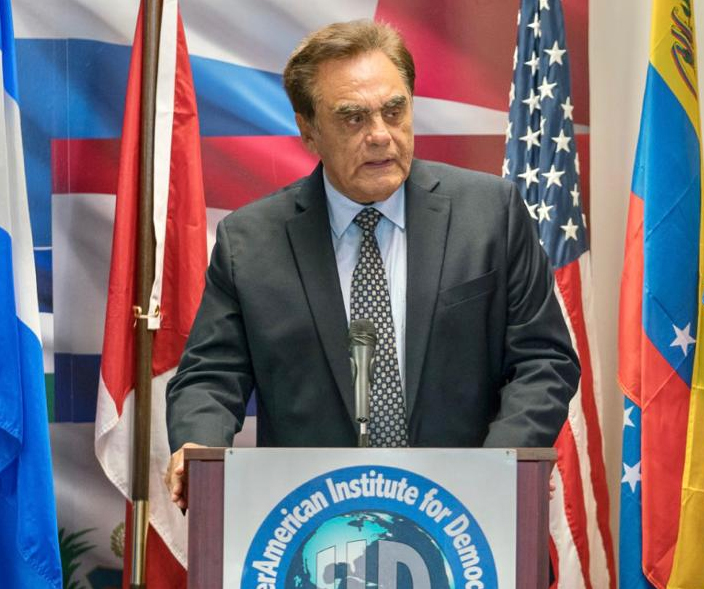Petro weakened, but not defeated

By: Luis Gonzales Posada - 13/08/2023
Share:
Those who think that Gustavo Petro will be outlawed for receiving money from drug trafficking in the electoral campaign are wrong. He will be weakened, yes, with another open front, but far from abandoning the Casa de Nariño.
For his dismissal to proceed, a long process must be followed –estimated at three years– in the Chamber of Representatives (Deputies) and then the Senate must approve or reject the impeachment.
The most similar case occurred during the administration of Ernesto Samper (1994/1998), summarized in the “Process 800”.
The president was implicated in receiving 5 million dollars from the Cali Cartel, led by the brothers Miguel and Gilberto Rodríguez Orejuela.
In the Commission of Accusations of the House of Representatives, made up of 15 members, they presented documents and testimonies on illegal contributions, where Santiago Medina, treasurer and Fernando Botero, coordinator, acknowledged that the president knew about the origin of these illegal funds.
Samper's defense was to state that "everything has been done behind my back," an expression sarcastically replicated by the Archbishop of Bogotá, Pedro Rubiano Sáenz, saying that "it's as if an elephant entered my house and I didn't know it."
The Legislature exonerated the president, ruling that he is "neither guilty nor innocent", but Medina and Botero were charged, paying with jail for their participation in that dark episode.
For its part, the United States desertified Colombia on the drug issue and canceled the questioned president's visa, but the generous left-wing regimes of the hemisphere, members of the 21st century socialism bloc, exalted him to the post of UNASUR Secretary General. .
Petro came to power with 64% approval and now that capital is being diluted. Not only because of the drug scandal, but because he has confronted the Judiciary and the Prosecutor's Office and with the Liberal and Conservative parties, with whom he formed a parliamentary front, today deactivated.
His plan to reform the pension system is in the freezer of Congress; he failed in the peace negotiations with the FLN guerrillas and during his first year 35 social leaders have been assassinated and 33 massacres have occurred with more than a hundred deaths.
In foreign policy, Petro displays himself as a proud ally of the Venezuelan satrap Nicolás Maduro, accused of crimes against humanity by the prosecutors of the International Criminal Court and bears the liability for his absurd confrontation with our country, by demanding that the coup leader be reinstated in the presidency Pedro Castillo, following the psychotic narrative of the Mexican López Obrador.
In doing so, it ignores the fact that we have historical knots going back more than 200 years, since the dawn of independence; that we are part of the Pacific Alliance and the Andean Community of Nations and that we have binational cabinets to promote the economic and social development of two nations that share a 1,626-kilometer border.
A complex border that requires maximum coordination, because it is a land of illegal coca leaf cultivation, drug trafficking, logging, gold extraction, and a refuge for guerrillas. The crisis in the neighboring country does not make us happy and will undoubtedly impact Peru.
Therefore, beyond the incidents, the grievances made by Petro, it is time to deploy an intelligent diplomatic effort to overcome these impasses, looking at the higher objective of working for regional unity and integration.
Crises are often a way to move forward, and this is a good time to do it.
«The opinions published herein are the sole responsibility of its author».